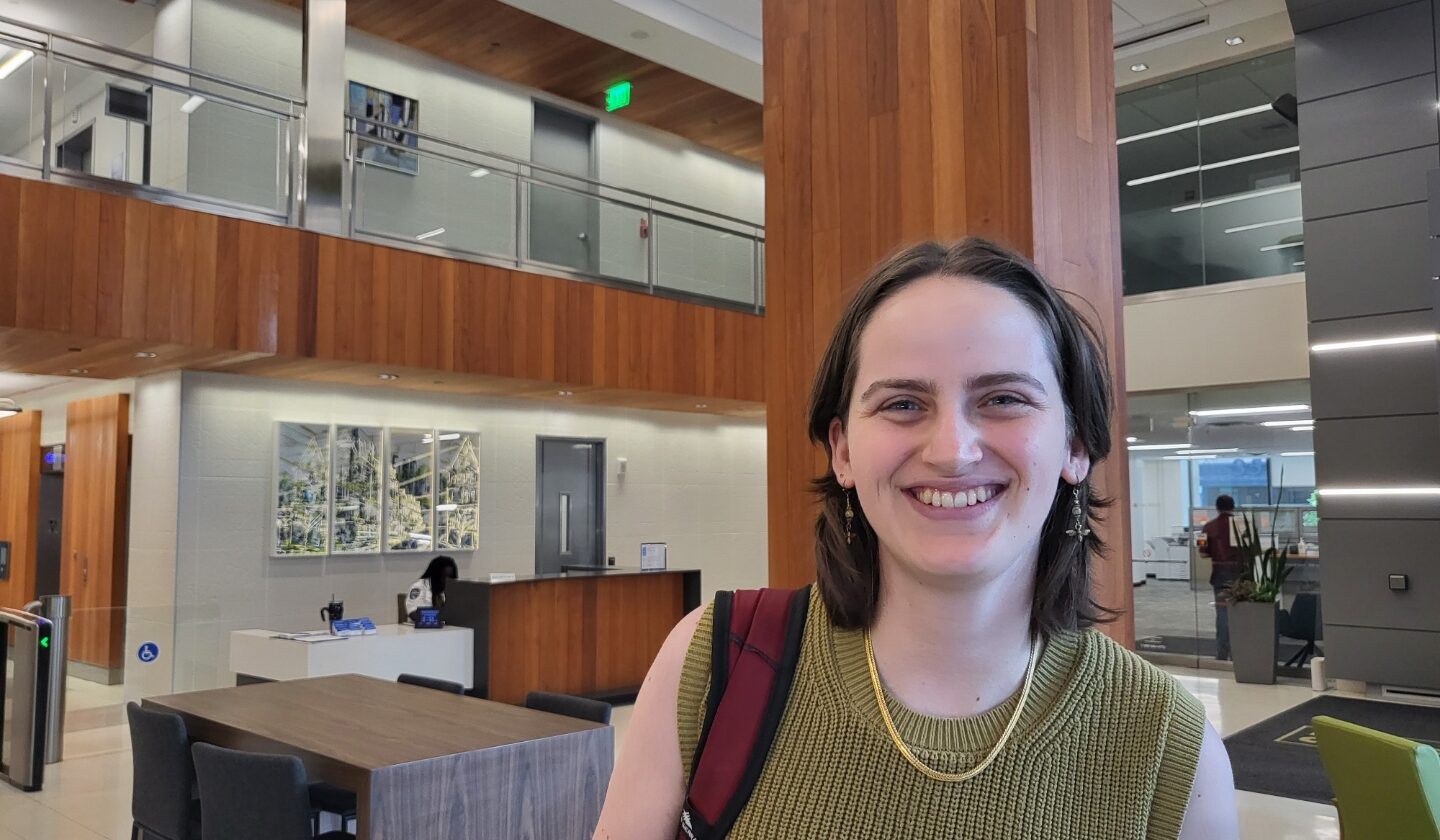Any Penn student worth their salt knows how to bluff. Bluff that they’ve certainly started that 15-page paper due Tuesday. Bluff that even though they are at one of the top institutions in the world, running three clubs, taking six classes, and conducting an honors thesis, that they are perfectly fine and know all they need to know, thank you very much. The concept of “Penn Face” is well-known on campus (especially in mental health spaces) – the idea that, despite juggling enough activities to make you want to lay down and nap for twenty years, we pretend that we are actually functioning at the top of our game. There’s another side of this coin that I find prevalent in myself and others at Penn, but also broadly among professionals: an intellectual rigidity that comes from learning so much that you think what you know is all you need.
This summer I worked as a research assistant in implementation science at the Penn Center for Mental Health under Dr. Emily Becker-Haimes, an opportunity supported by SNF Paideia summer internship funding. It’s a job I’ve actually been doing since the summer after freshman year that served as one of my first official forays into dialogic work. Implementation science is inherently a dialogue-driven pursuit. However, due to many constraints, such as time, funding, improper communication, clinician biases, lack of sensitivity to a diverse clientele, and more, this limits dialogue among clinicians and patients, necessary for increasing high-quality youth mental health care. You see, Psychology is often separated into two buckets: research and clinical work. This means that what has been researched as the most efficacious evidence-based practice (EBP) is often not properly implemented in clinical practice, not because clinicians ignore the research, these constraints. The projects I have worked on since becoming an SNF Paideia fellow directly tackle this issue. Developing my dialogic skills is very important to me as a researcher and future therapist, a pursuit in which engaging in effective dialogue is fundamental to the clinician-client relationship
Now, two years in and headed into my senior year, I can confidently say that what I don’t know vastly outweighs what I do know. This isn’t me putting myself down; I’ve learned so much about working with community mental health clinicians to implement evidence-based therapeutic practices, how to conduct research studies, communicate with study participants, analyze qualitative and quantitative data, and so much more. But every week, I come up against some new term, procedure, or clinical practice that I don’t know. Though I’ve become more comfortable being uncomfortable with uncertainty, it’s still something I struggle with. And I’m a student! The whole gig is based on the idea that you don’t know something and then spend 4+ years learning it.
In my internship, I spent a lot of time helping a team of researchers with a large study, funded by the National Institutes for Health, using exposure-based principles to reduce clinician anxiety and increase resolve to provide suicide screening, aid, and intervention. The clinicians were trained in suicide safety planning, a highly effective tool that provides clients with a step-by-step plan to reduce suicide risk by allowing time for the crisis to pass. One would assume, and be correct, that organizational factors like not having enough time or money to conduct an intervention are major players in preventing implementation of evidence-based practices at the community mental health level. However, something I did not anticipate was how important individual factors might be. Very preliminarily, we have been discussing how prior experience might get in the way of learning suicide safety planning. Are therapists with more mental health experience, training, and experience working with suicidal individuals actually less likely to implement this gold-standard practice?
If true, this signals the importance of un-learning in clinical work and dialogue practices at large. A common adage is “If only we could all see the world through the eyes of children.” Anyone who has hung out with a child for more than five minutes knows how great they are at asking questions. We spend the first part of our lives as knowledge sponges, obsessed with understanding everything from how to win Mario Kart to why people go to war. Kids lead with curiosity. At some point along the way though, that curiosity can disappear behind bravado and a misplaced sense that, although we’ve been trained and taught to think one way for so long, we can decide what’s important and what’s not important to learn. We may forget that a big part of learning is unlearning, holding up new information to what we already know and integrating that into a complex, nuanced understanding of a subject.
There’s a burgeoning field in implementation science called de-implementation science, which follows the idea that, to help professionals learn, we must help them unlearn other potentially ineffective practices that have become habit. In my SNF Paideia fellowship proseminars, we’ve discussed extensively the ways to engage in dialogue across difference. A point that comes up time and time again is how important it is to check your biases at the door and approach dialogue from a perspective of cultural and intellectual humility. We must be curious, not judgmental. This applies to more traditional dialogue settings, like roundtables, workshops, dialogue dinners, etc., but also to students, researchers, mental health clinicians, and other professionals. We must help people be curious no matter where they are in their career: student, postdoc, tenured professor, clinician with 30+ years of experience, you name it. Despite possibly decades of experience, mental health professionals must stay curious and intellectually humble, as psychology is a living field (literally, we’re dealing with living people!) and therapeutic best practices can change from year to year.
There is no one size fits all dialogue approach, just as there is no one size fits all implementation strategy or therapeutic technique. We cannot expect to connect with one person in the way we connect with another, or that people or organizations will be equally amenable to an act of change. It’s so important to examine the biases, habits, and knowledge we have before engaging one another in dialogue. In research, the classroom, the workplace, the dorm room, heck, the dog park, remember– be humble.




